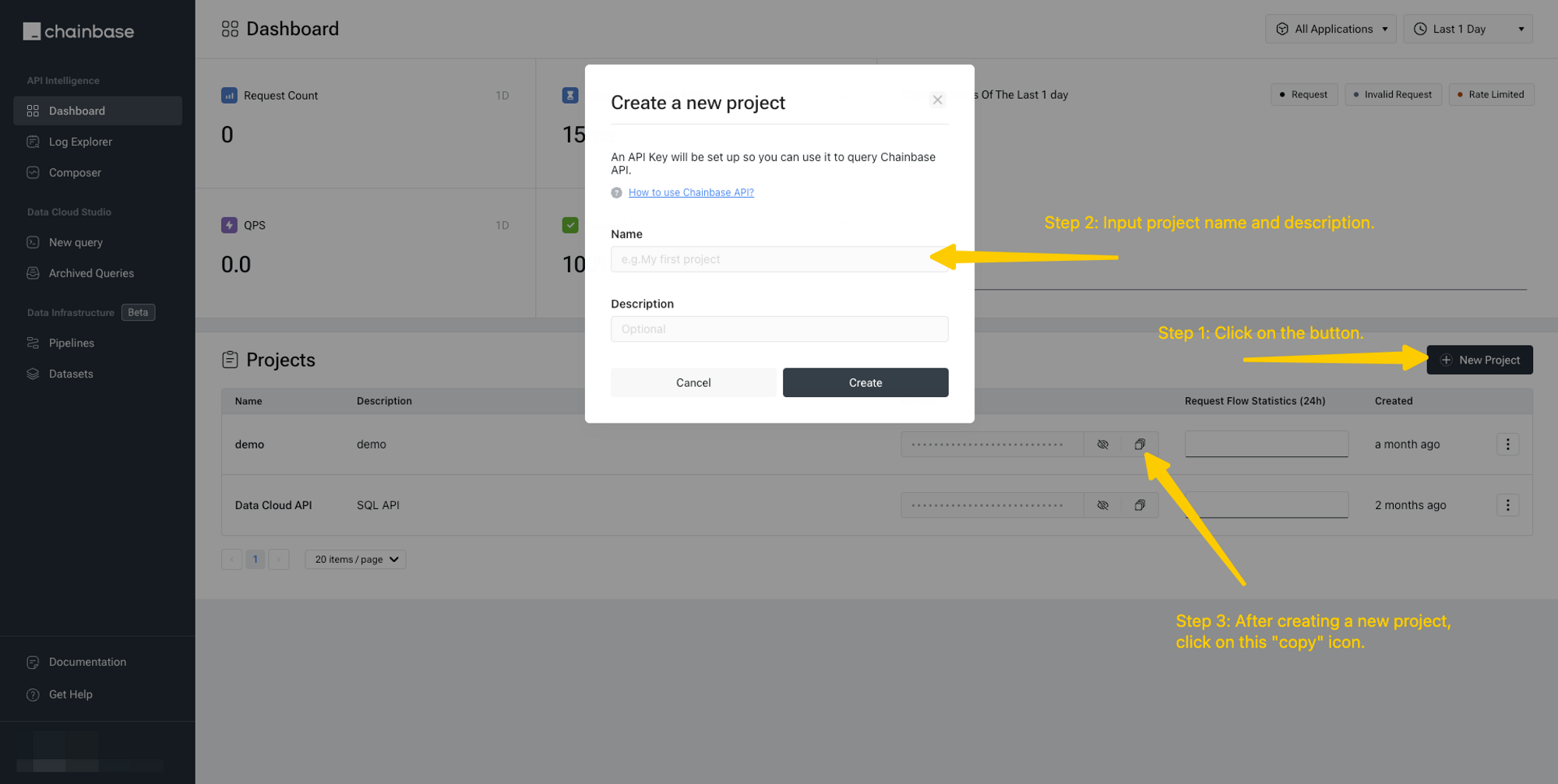{
"contract_address": "0xed5af388653567af2f388e6224dc7c4b3241c544",
"name": "Azuki",
"symbol": "AZUKI",
"owner": "0xC8967D1537F7B995607A1DEa2B0C06E18A9756a2",
"token_id": "0x1",
"erc_type": "ERC721",
"image_uri": "https://ikzttp.mypinata.cloud/ipfs/QmYDvPAXtiJg7s8JdRBSLWdgSphQdac8j1YuQNNxcGE1hg/1.png",
"mint_time": "2022-01-12T04:17:28Z",
"mint_transaction_hash": "0xc208fdb2f133bda64522fececd6518a565aaa6e8801b0a776f2f93c922fe9420",
"token_uri": "https://ikzttp.mypinata.cloud/ipfs/QmQFkLSQysj94s5GvTHPyzTxrawwtjgiiYS2TBLgrvw8CW/1",
"metadata": {
"name": "Azuki #1",
"image": "https://ikzttp.mypinata.cloud/ipfs/QmYDvPAXtiJg7s8JdRBSLWdgSphQdac8j1YuQNNxcGE1hg/1.png",
"attributes": [
{
"trait_type": "Type",
"value": "Human"
},
{
"trait_type": "Hair",
"value": "Pink Hairband"
},
{
"trait_type": "Clothing",
"value": "White Qipao with Fur"
},
{
"trait_type": "Eyes",
"value": "Daydreaming"
},
{
"trait_type": "Mouth",
"value": "Lipstick"
},
{
"trait_type": "Offhand",
"value": "Gloves"
},
{
"trait_type": "Background",
"value": "Off White D"
}
]
},
"traits": [
{
"trait_type": "Type",
"value": "Human"
},
{
"trait_type": "Hair",
"value": "Pink Hairband"
},
{
"trait_type": "Clothing",
"value": "White Qipao with Fur"
},
{
"trait_type": "Eyes",
"value": "Daydreaming"
},
{
"trait_type": "Mouth",
"value": "Lipstick"
},
{
"trait_type": "Offhand",
"value": "Gloves"
},
{
"trait_type": "Background",
"value": "Off White D"
}
]
}
 ## Step 2: Write script using Chainbase API
## Step 2: Write script using Chainbase API